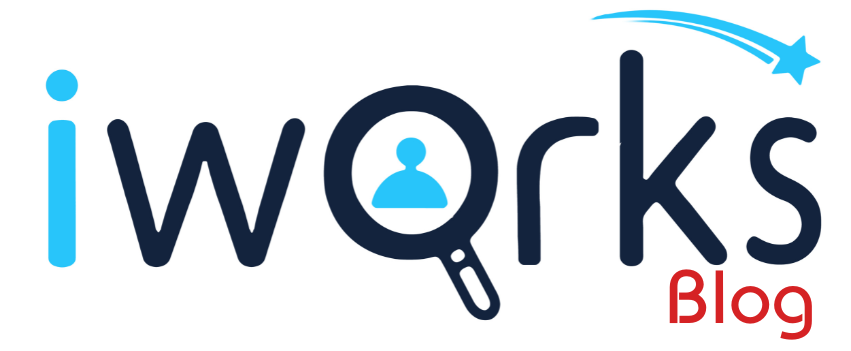
The best tools and applications for freelancers in 2025
August 18, 2025
Freelance: Building Lasting Relationships with Your Clients
November 21, 2025Imagine this: You’re working on a client project, handling sensitive information — personal data, confidential briefs, or account credentials. Suddenly, your computer or cloud storage is compromised, and everything is exposed. Beyond the stress, missed deadlines, and financial loss, your credibility and professional reputation take a serious hit.
A vital necessity in the digital age
In an increasingly digitalized business world, data security has become a strategic issue for freelancers and companies alike.
The loss, theft or leakage of sensitive information can jeopardize customer confidence and reputation, and lead to significant financial losses.
This is no longer a luxury, but an obligation for survival and credibility.
Why it's crucial for freelancers
Freelancers often handle confidential data (access, customer files, financial documents). A breach of security can shatter trust and damage their image. Mastering safety becomes a competitive advantage: it reassures customers, opens the door to more ambitious projects and demonstrates a high level of professionalism.
The main benefits for freelancers :
- Preserving trust and reputation
- Access more opportunities
- Protect yourself against incidents with regular backups
- Comply with the law and regulations (such as RGPD)
Why it's vital for business
Companies are managing larger volumes of data (customers, partners, employees). A security breach can lead to :
- Loss of trust and damage to reputation
- High financial costs (repairs, interruptions, penalties)
- A legal risk in the event of non-compliance
- Loss of intangible capital (ideas, trade secrets)
Safety is also becoming a competitive advantage: a reliable, compliant company is more likely to attract customers and investors.
The most common threats
The main threats to watch out for are :
- Phishing or social engineering : fake e-mails urging people to divulge their login details
- Ransomware: software that locks files and demands a ransom ransom
- Human errors: sending files to the wrong recipient, weak passwords
- Incorrect cloud configuration : public access access
- No backup : total loss in the event of an incident

Essential best practices
Here are the priority actions to protect yourself:
- Use strong passwords and a secure password manager
- Enable two-factor authentication (2FA)
- Back up important files regularly
- Update software and systems
- Encrypt sensitive data
- Limit access to information
- Securing devices and networks (VPN, antivirus, firewall)
- Training teams and raising their awareness of cybersecurity
- Formalize internal policies and sign confidentiality agreements (NDA)
Changing mindsets: safety as a culture
Data security should not be seen as a constraint, but as a work habit and a guarantee of professionalism.
Anticipating risks means avoiding loss of time, money and credibility.
Adopting a proactive approach allows us to differentiate ourselves in the marketplace and build a solid image of reliability.
To sum up: immediate actions to take
To reinforce your safety now:
- Activate double authentication (2FA)
- Backup all critical data and test restoration
- Review your digital practices — file sharing, software updates, passwords, and device protection
Data security has become a core pillar of professional performance today.
For freelancers, it ensures trust and long-term client relationships.
For businesses, it safeguards their reputation, assets, and competitive advantage.
Treat data with the same care and respect you would expect others to give yours — that is the golden rule of a responsible and sustainable security mindset.




